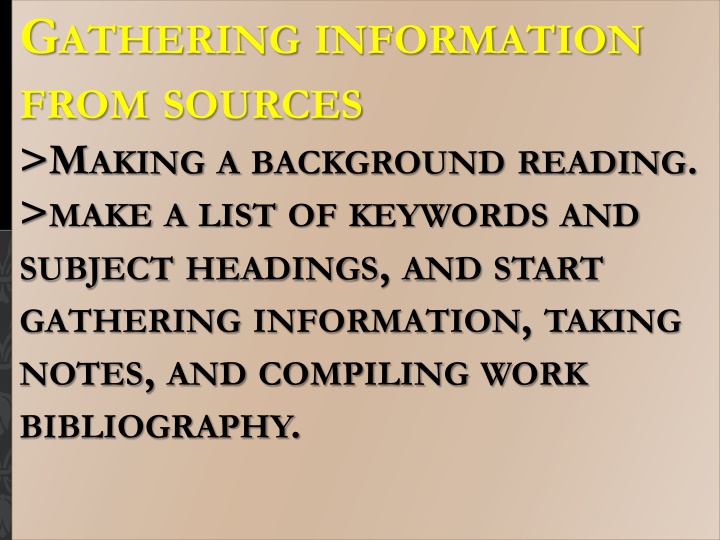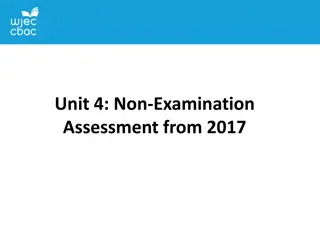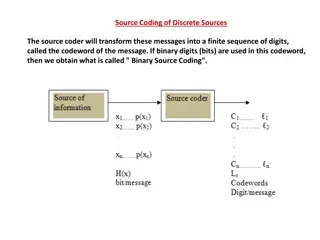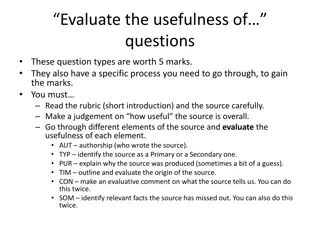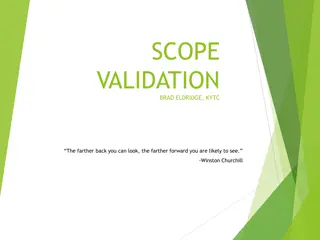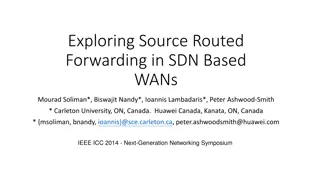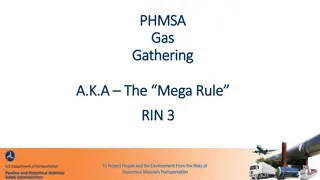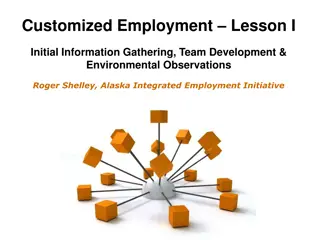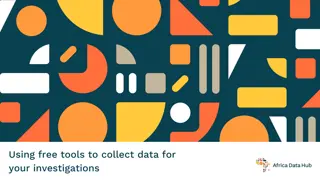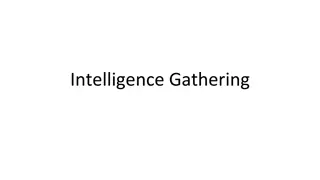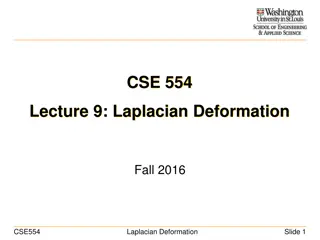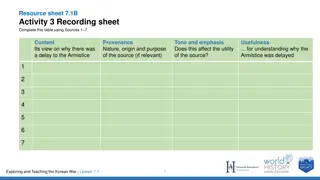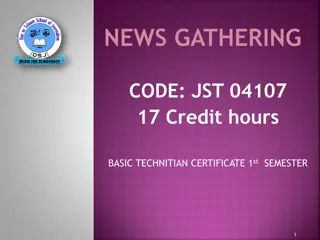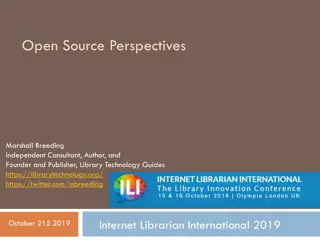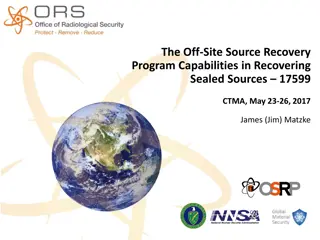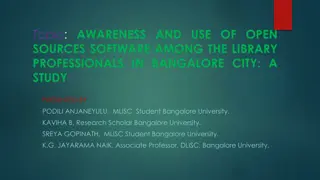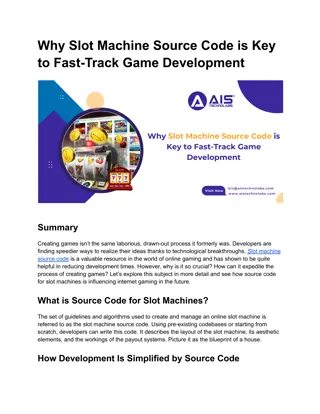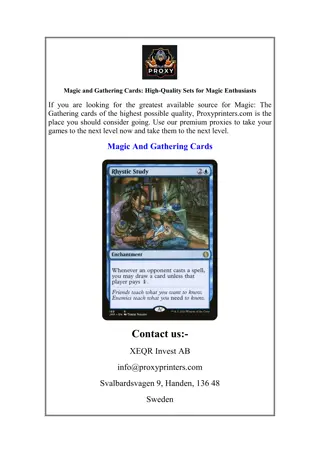Effective Research Source Gathering
Research papers rely on information from various sources, including primary and secondary sources. Learn how to gather data from libraries, the internet, and other resources to create credible research papers. Understand the difference between primary and secondary sources and the importance of scholarly sources for credibility.
Download Presentation

Please find below an Image/Link to download the presentation.
The content on the website is provided AS IS for your information and personal use only. It may not be sold, licensed, or shared on other websites without obtaining consent from the author.If you encounter any issues during the download, it is possible that the publisher has removed the file from their server.
You are allowed to download the files provided on this website for personal or commercial use, subject to the condition that they are used lawfully. All files are the property of their respective owners.
The content on the website is provided AS IS for your information and personal use only. It may not be sold, licensed, or shared on other websites without obtaining consent from the author.
E N D
Presentation Transcript
GATHERING INFORMATION FROM SOURCES >MAKING A BACKGROUND READING. >MAKE A LIST OF KEYWORDS AND SUBJECT HEADINGS, AND START GATHERING INFORMATION, TAKING NOTES, AND COMPILING WORK BIBLIOGRAPHY.
GATHERING INFORMATION FROM SOURCES EXCEPT FOR INFORMATION GATHERED FIRSTHAND, SUCH AS OBSERVATION, PERSONAL EXPERIENCE, AND INTERVIEWS, MOST OF THE INFORMATION FOR A RESEARCH PAPER CAN BE FOUND IN THE LIBRARY AND SOME CAN BE FOUND ON THE INTERNET.
THE WORLD OF SOURCES Primary Sources include/ > Books in the library of historical documents, such as letters, diaries, and eyewitness reports. > Books in the library or the bookstore for literary work. > Governmental reports in the library or online for statistics, and > Art books in the library or sites on the internet for works of art.
THE WORLD OF SOURCES Secondary Sources report and analyse information from other sources. They include/ > General references, such as encyclopedias, biographies, and autobiographies. > Op-ed articles in reliable newspapers, and in news periodicals for opinions about controversies. > Scholarly journals in the field, specialised database, and the web sites of government agencies.
THE WORLD OF SOURCES Secondary Sources report and analyse information from other sources. They include/ > Books and periodicals that publish essays about historical events for historical analyses; and > Books and scholarly journals for critical readings of a literary work.
THE WORLD OF SOURCES Scholarly and Popular Sources > Scholarly Sources -books , articles, and internet documents- are written by academics and researchers for an audience of their peers.(Atlantic Monthly) > Popular Sources are written by journalists or other professional writers for an educated audience, to general- interest magazine.(Time)
Scholarly sources are more likely to add credibility to the paper, but some of them such as specialised scientific reports, may be too technical for your topic or audience.
Print and Electronic Sources 1. Reliability: Printed books and periodicals have gone through a screening process for accuracy and reliability. On the internet, anyone can publish anything. Only some scholarly journals, government documents, and subject directories are monitored for credibility and
Print and Electronic Sources 2. Scope versus Currency: Because electronic documents can be updated much more quickly than books, the internet and online periodical database are usually better sources than print documents for up-to- the- minute information. Most electronic documents do not contain the breadth of information and the a mount of specific detail that books do.
Print and Electronic Sources 2. Scope versus Currency: If you are searching a current event, you might go to the web site of a reliable newspaper. If you are looking for historical in-depth information or analysis, turn to books
Print and Electronic Sources 3. Searchability versus Readability: The printed page is static; hypertext Web documents are interactive and searchable. Sometimes a book will fit your needs, and sometimes the internet is the answer. usually better sources than print documents for up-to- the- minute information.
Print and Electronic Sources 3. Searchability versus Readability: Searching for a particular word or phrase in an internet document is more efficient than searching through a book line by line. Use the internet to locate a particular piece of information in a large document. Use a book when you need to study an entire work.
Reference Works for Background Reading 1. Specialised Encyclopedias and Dictionaries 2. Biographical Dictionaries and Indexes 3. Almanacs and Yearbooks 4. Atlases
